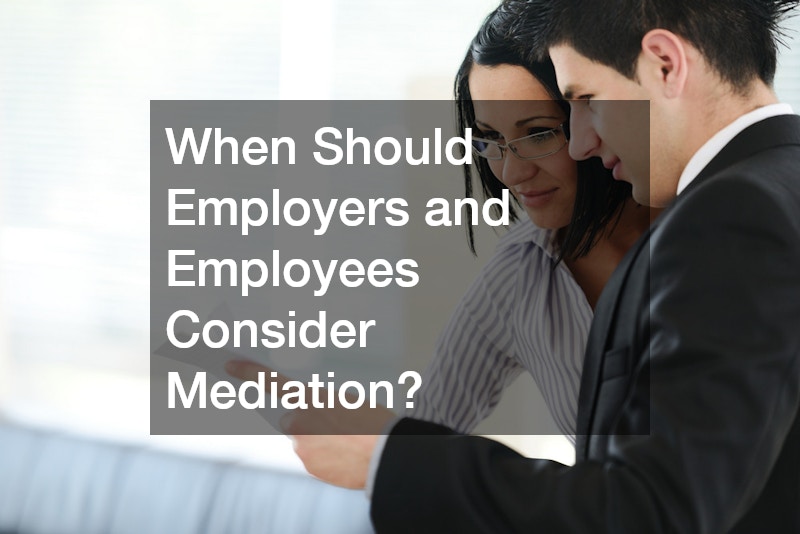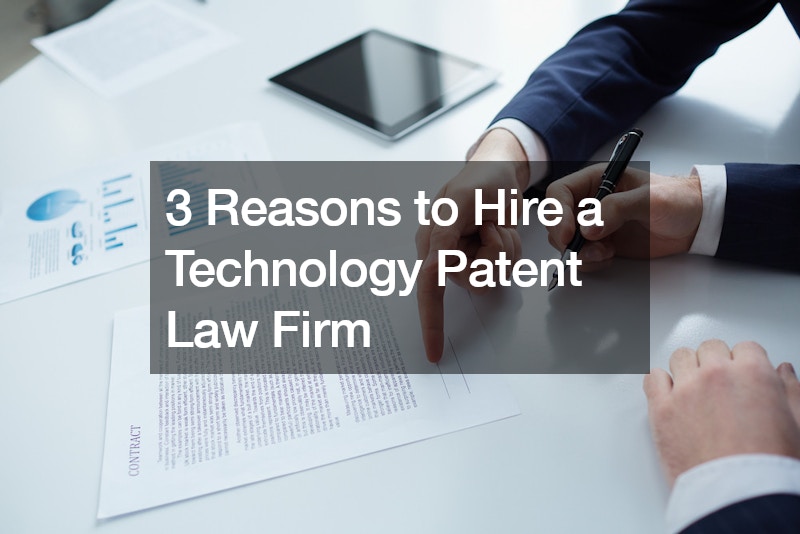It is important to understand mediation employment law as a pivotal aspect of resolving disputes in the workplace. It plays a crucial role in fostering harmonious relationships between employers and employees.
What is Mediation in Employment Law?
Definition and Core Principles
Mediation is a voluntary process where a neutral third party, known as a mediator, assists disputing parties in reaching a mutually acceptable resolution. Within employment law, it embodies principles of confidentiality, neutrality, and party autonomy.
The process encourages open communication and aims to facilitate understanding between conflicting parties. In employment contexts, it is often applied to address grievances without resorting to formal litigation. By focusing on mutual interests rather than positions, mediation seeks to create sustainable and cooperative solutions. This approach often results in more customized and flexible outcomes that align with parties’ needs.
Differences Between Mediation and Other Dispute Resolution Methods
Unlike arbitration, where a third party makes binding decisions, mediation emphasizes voluntary agreement by the parties involved. Litigation, on the other hand, is a more formal adversarial process that typically involves judicial intervention. Negotiation, although similar to mediation, often lacks the presence of a third-party facilitator to guide discussions. Mediation bridges this gap by providing structure and guidance without imposing solutions. The non-confrontational nature of mediation makes it particularly suited for preserving professional relationships, as opposed to the often contentious proceedings involved in arbitration or litigation. This characteristic underscores its unique value within the realm of employment law.
Why is Mediation Important in Employment Disputes?
Benefits of Mediation
Mediation offers various benefits in settling employment disputes, including cost-effectiveness compared to prolonged legal battles. It generally requires less time and resources, reducing the financial and emotional burdens on both parties. The confidential nature of mediation ensures that sensitive workplace issues are not made public, maintaining reputations and morale. This discretion can be pivotal when dealing with delicate employment disputes. Furthermore, mediation encourages creative solutions tailored to the specific context of the dispute. This flexibility often leads to more satisfactory and enduring resolutions than those typical in formal legal settings.
Impact on Workplace Relationships
Mediation can enhance workplace relationships by fostering communication and mutual respect between parties. As a tool for conflict resolution, it can help rebuild trust and understanding among coworkers. The collaborative nature of mediation allows employees and employers to work together in resolving disputes, which can lead to improved morale and job satisfaction. These interactions can strengthen the organizational culture and reduce future conflicts. By resolving conflicts amicably, mediation can prevent escalation and maintain a positive work environment. This can be crucial for productivity and teamwork in the long term.
How Does the Mediation Process Work?
Steps in the Mediation Process
The mediation process typically begins with an opening statement where the mediator outlines the rules and goals of the session. This is followed by each party presenting their perspective on the dispute. Through guided discussions, the mediator helps parties identify common ground and explore possible solutions. During this stage, the mediator may hold separate sessions with each party to gain further insights. The process concludes with drafting a mutually acceptable agreement if parties reach consensus. This agreement is often documented and may be legally binding, depending on jurisdictional laws.
The Role of the Mediator
The mediator acts as a facilitator, guiding discussions and helping parties understand each other’s viewpoints. While the mediator remains neutral, they aid in identifying issues and generating options for resolution. By promoting open communication, the mediator helps reduce misunderstandings and misconceptions that may have fueled the dispute. Their skills in conflict resolution are integral to achieving a productive outcome. Mediators do not impose decisions but support parties in creating their solutions, which can lead to greater commitment to the final agreement. This encouragement of autonomy supports sustainable conflict resolution.
What Are the Legal Frameworks Governing Mediation?
Relevant Laws and Regulations
Various laws and regulations provide the foundation for mediation in employment law. These may include national legislation and international frameworks addressing mediation practices. Compliance with these laws ensures the process is conducted fairly and equitably, protecting the interests of all parties. By adhering to legal standards, mediation maintains its legitimacy and reliability. The legal framework also affects the enforceability of mediation agreements, an essential factor for their binding nature. Understanding these regulations is key for mediators and participants alike.
Mediation Agreement Enforcement
Mediation settlements may be subject to enforceability under specific legal conditions. Often, these agreements are treated similarly to contracts and must adhere to statutory requirements to be binding. The involvement of legal advisors can ensure that mediation agreements meet necessary standards, facilitating their implementation. This support is crucial for upholding the terms of a settlement within litigious environments. Both parties need to understand their rights and obligations under the agreement, ensuring clarity and compliance. Clear terms in mediation agreements prevent future disputes over interpretation.
When Should Employers and Employees Consider Mediation?
Identifying Suitable Situations
Mediation is appropriate when parties seek a private and cooperative resolution to disputes. It is particularly suitable for conflicts where maintaining ongoing relationships is important. Employment disputes involving discrimination, harassment, or contractual disagreements can often benefit from mediation. This method manages sensitive issues effectively while preserving workplace harmony. Before proceeding with mediation, parties should assess their willingness to negotiate and resolve differences. The process requires a commitment to collaborate for it to succeed optimally.
Limitations of Mediation
Mediation might not be effective if parties are unwilling to compromise or engage openly in dialogue. Situations involving power imbalances or entrenched positions may limit mediation’s effectiveness. Additionally, cases requiring legal precedent or those involving serious allegations may necessitate more formal processes. In such instances, litigation or arbitration may be more appropriate. The voluntary nature of mediation means either party can withdraw at any point, potentially leading to unresolved disputes. Therefore, understanding its constraints is vital in choosing mediation wisely.
.




